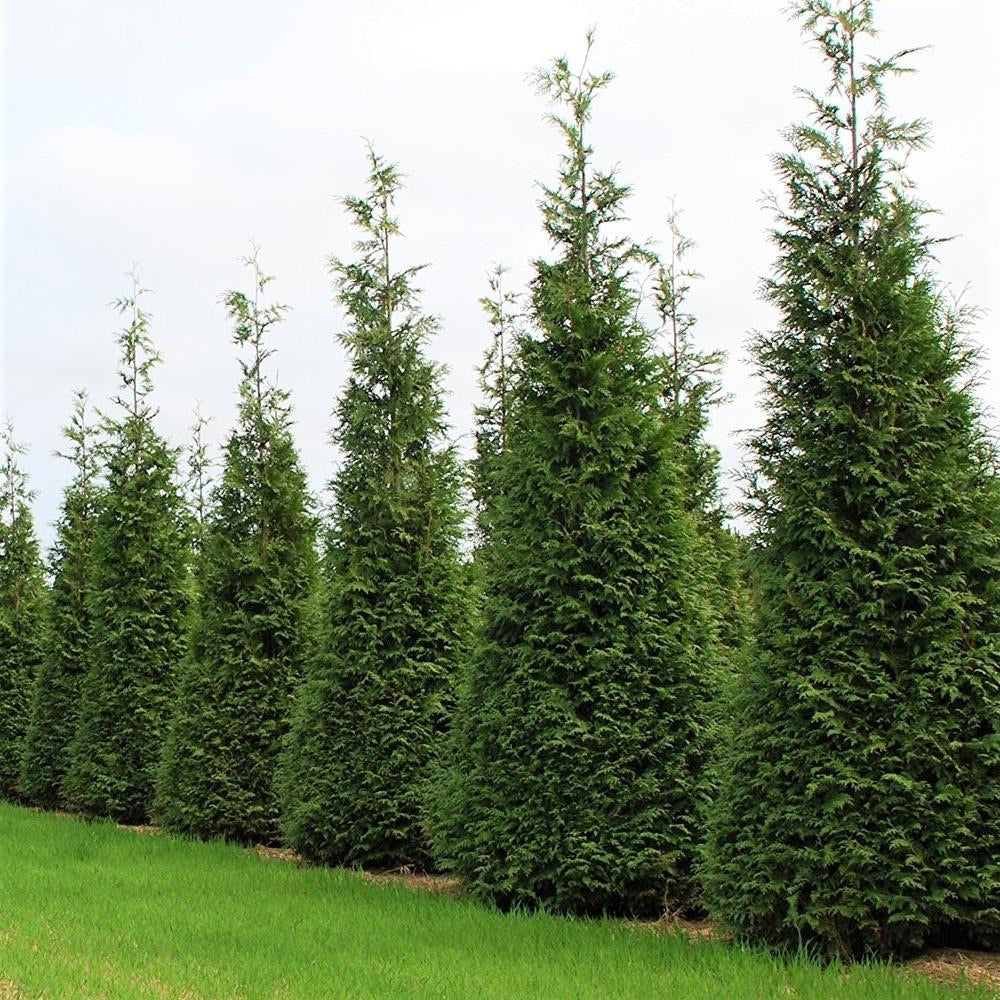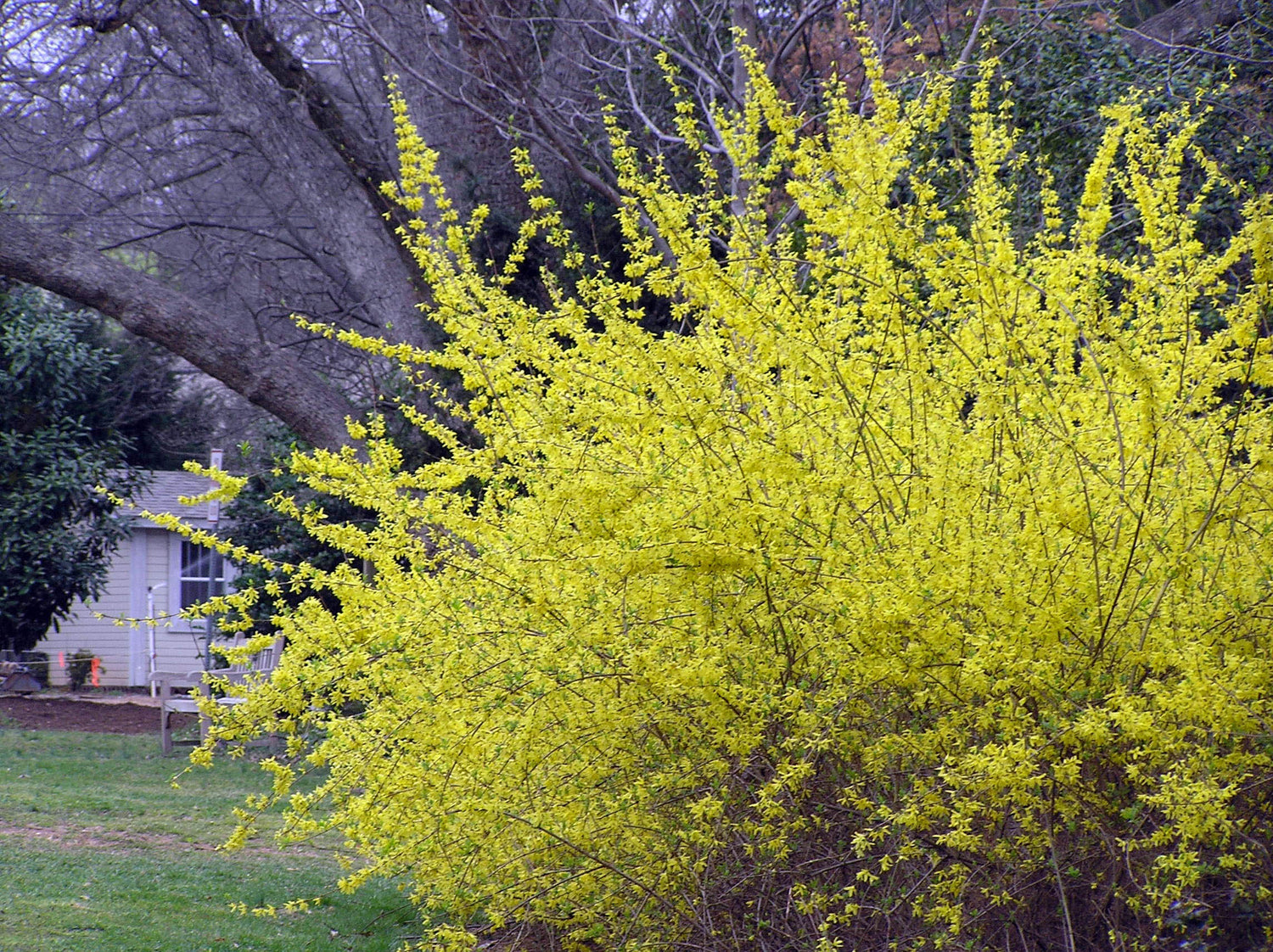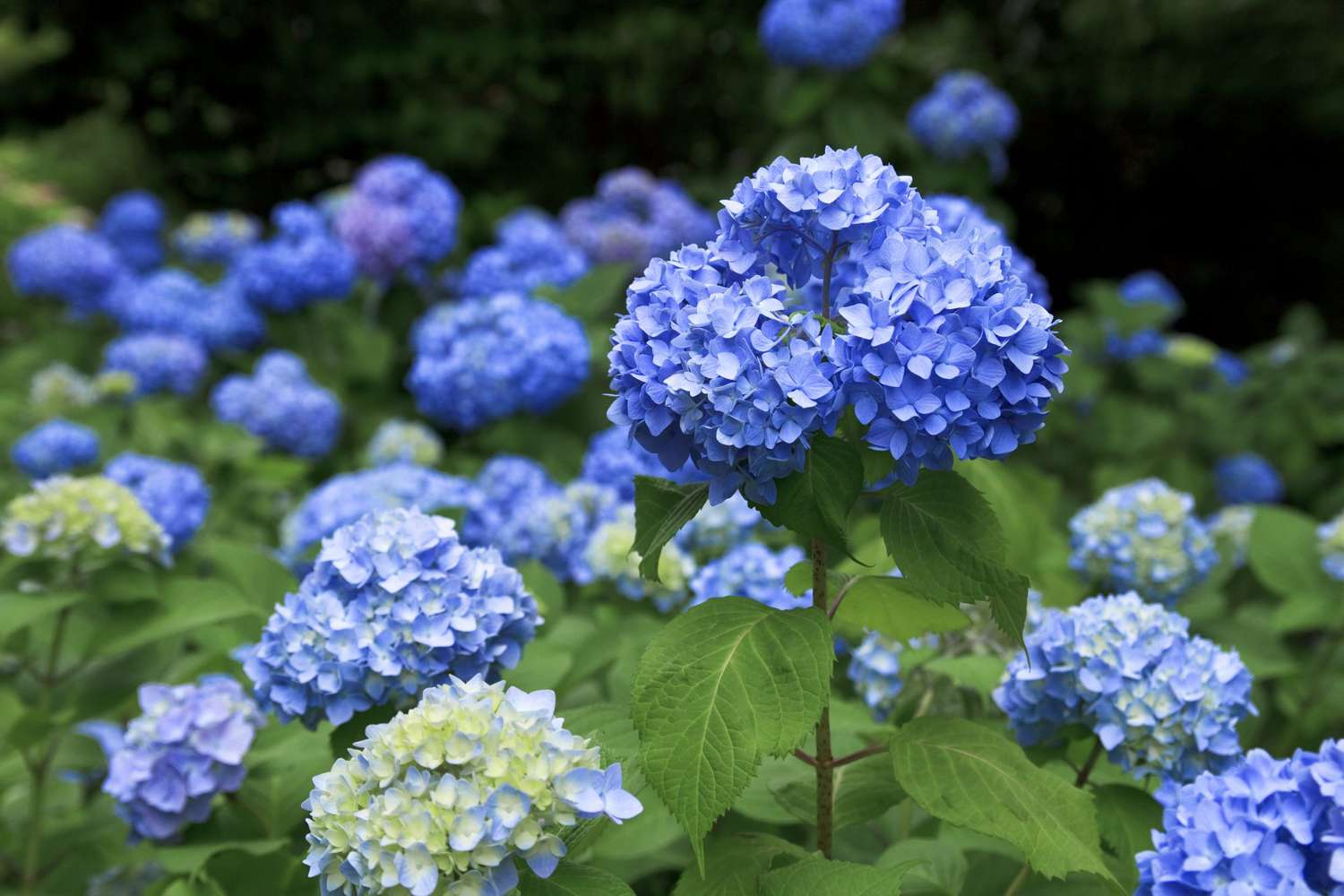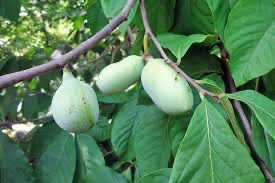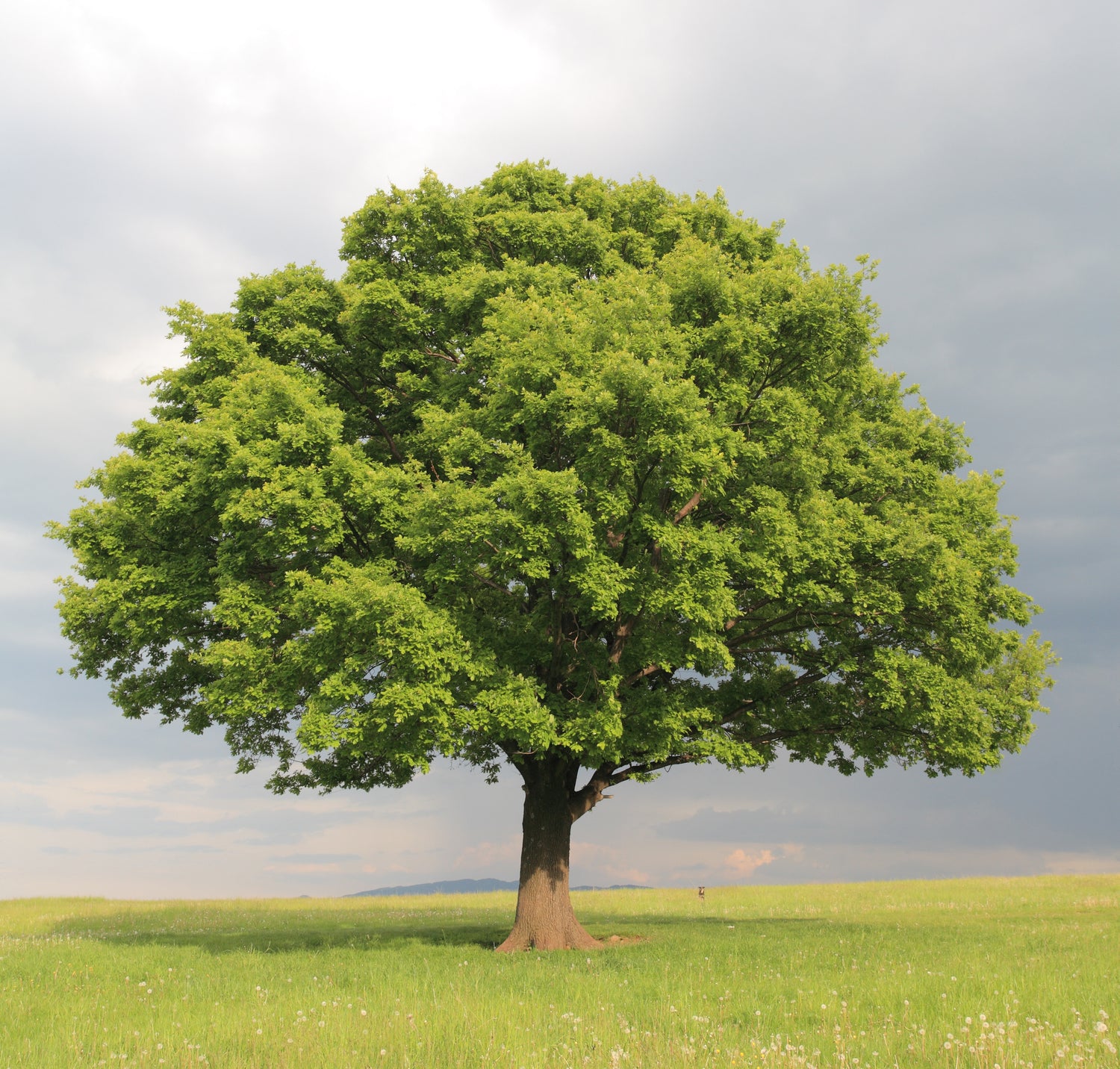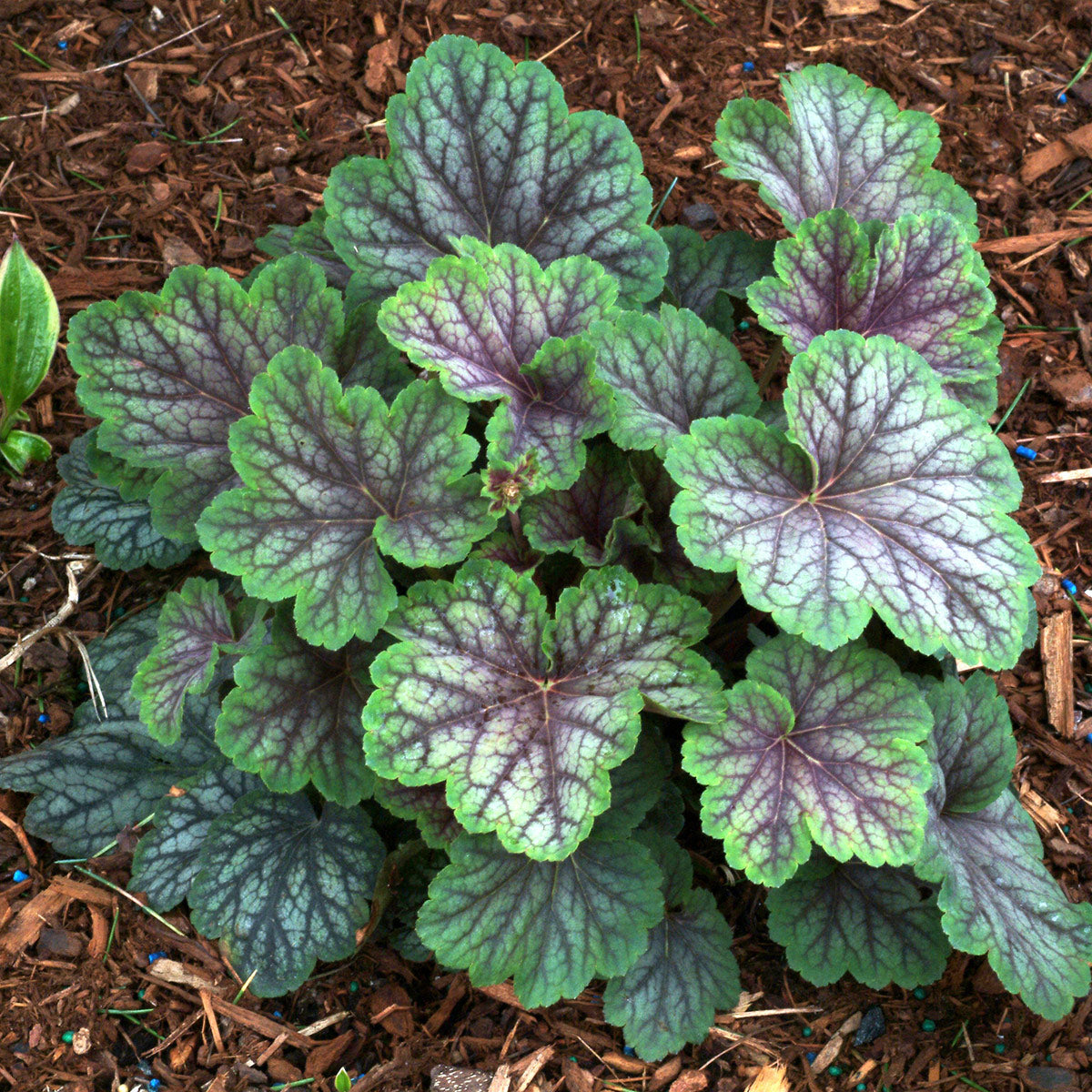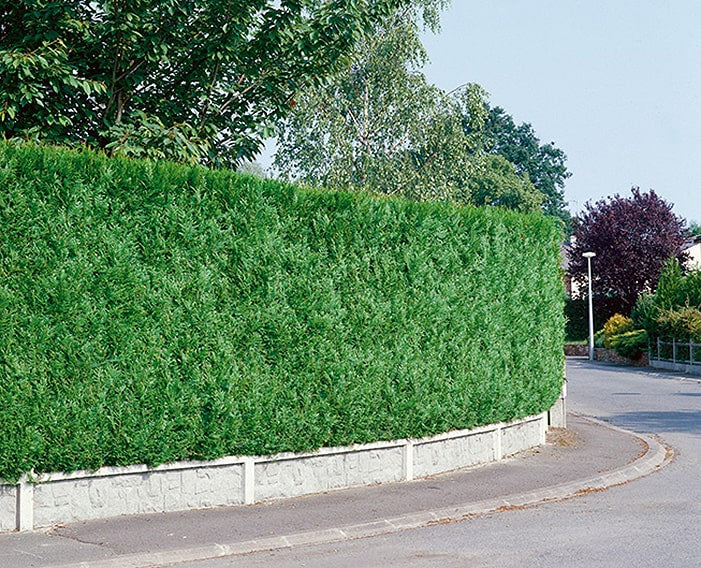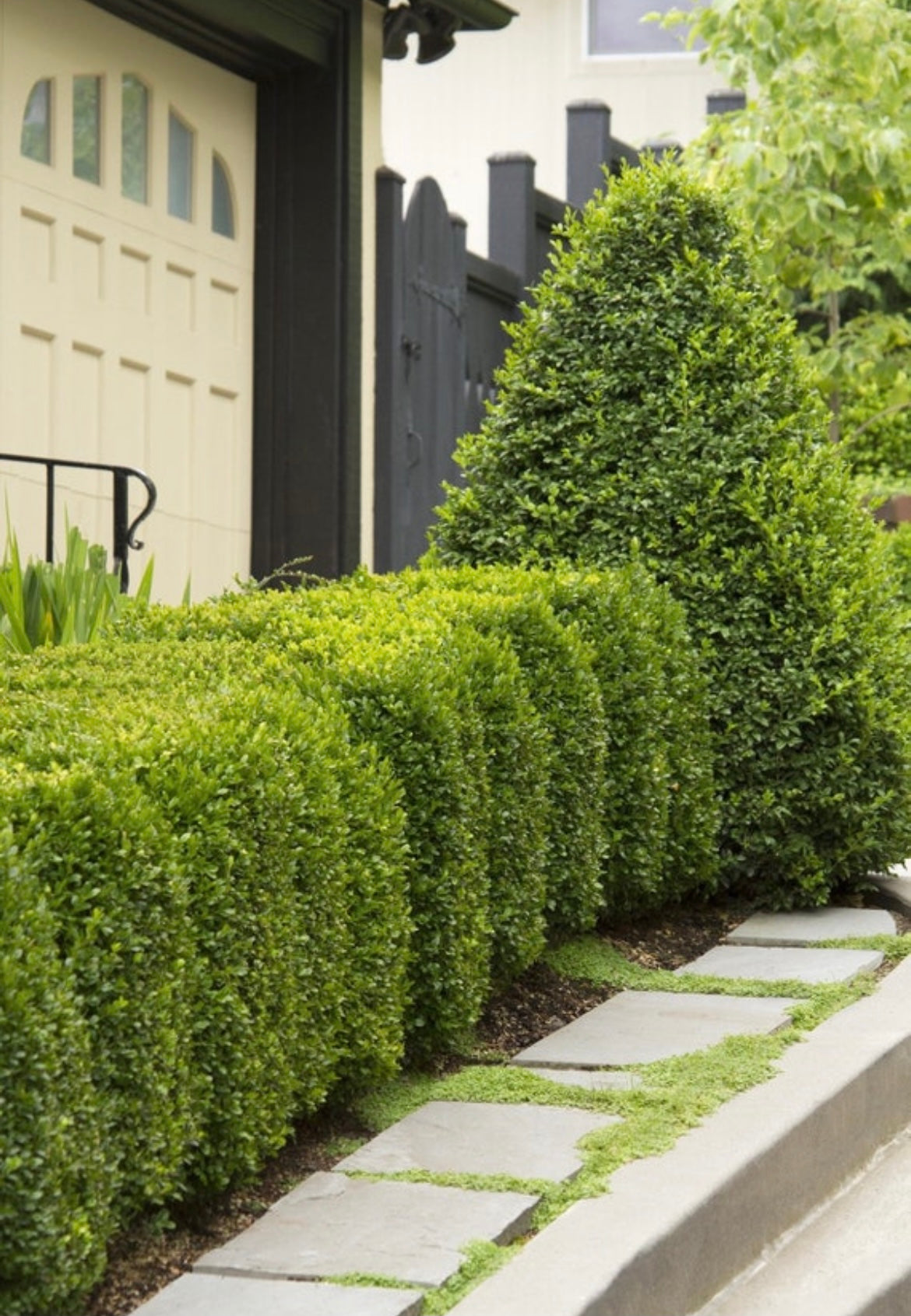The Power of Composting: Turning Food Scraps into Nutrient-Rich Soil
Composting is more than just a gardening technique; it's a transformative practice that can significantly impact the environment and enhance your garden's health. By recycling food scraps and other organic materials into compost, you create a rich, nutrient-dense soil amendment that gardens thrive on. Let’s explore why composting is such a powerful tool for sustainable living.

Why Composting Matters
Reducing Waste and Landfill Impact
One of the most compelling reasons to start composting is its ability to reduce the amount of waste that ends up in landfills. Organic waste, such as food scraps, yard trimmings, and other compostable materials, makes up a significant portion of municipal solid waste. When these materials are sent to landfills, they decompose anaerobically, releasing methane—a potent greenhouse gas that significantly contributes to climate change.
Composting offers a practical solution to this problem by diverting organic waste from landfills. By turning your food scraps and yard waste into compost, you can help reduce methane emissions and alleviate the strain on waste management systems. This simple act can make a significant difference in your carbon footprint, helping to create a more sustainable future.
Creating Nutrient-Rich Soil
Another key benefit of composting is the creation of nutrient-rich soil, often referred to as "black gold" by gardeners. Compost is a natural fertilizer that enhances soil structure, improves moisture retention, and enriches the soil with essential nutrients. By incorporating compost into your garden beds or potted plants, you provide a sustainable and eco-friendly source of nutrients that reduces the need for synthetic fertilizers.
Compost not only improves soil fertility but also promotes healthy root development and increases soil biodiversity. The microorganisms present in compost help break down organic matter, releasing nutrients that plants can readily absorb. This process supports robust plant growth, leading to healthier, more productive gardens.
Closing the Loop: A Circular Economy Approach
Composting embodies the principles of a circular economy, where resources are reused, recycled, and regenerated. By composting food scraps and other organic materials, we create a closed-loop system that mimics natural processes. The compost produced can be used to nourish the soil, grow new plants, and continue the cycle of nature. This approach minimizes waste, conserves resources, and promotes ecological balance, making it a key component of sustainable living.
By adopting composting practices, you contribute to a circular economy that values sustainability and resource efficiency. This shift not only benefits your garden but also plays a crucial role in promoting a healthier planet.
For those interested in further enhancing their garden's sustainability, consider combining composting with mulching techniques. Check out "The Power of Leaves: Transform Your Garden with Sustainable Mulching" to learn more about how mulching can complement your composting efforts and improve soil health.
Getting Started with Composting
Embarking on your composting journey is an exciting step toward sustainable living. Whether you have a sprawling garden or live in a cozy apartment, there’s a composting method that suits your lifestyle. By turning kitchen scraps and yard waste into valuable compost, you can enrich your garden and reduce your environmental impact. Here’s how to get started.
Choose a Composting Method
Composting can be adapted to fit different living situations and preferences. Here are a few popular composting methods to consider:
Backyard Composting
Backyard composting is ideal for homeowners with outdoor space. This method involves creating a compost pile or using a compost bin to decompose organic materials over time. It’s a great way to recycle kitchen scraps and yard waste, turning them into nutrient-rich soil for your garden.
-
Setting Up a Compost Bin: Choose a spot in your yard that is easily accessible and receives partial sunlight. You can build a compost bin from wood pallets or purchase a pre-made one. Ensure that your bin has adequate ventilation to promote airflow, which aids in decomposition.
-
Composting in Piles: If you prefer a more traditional approach, consider setting up a simple compost pile. Stack layers of compostable materials in a heap, turning the pile regularly to aerate and speed up the composting process.
Vermicomposting
Vermicomposting is perfect for those with limited space or who live in apartments. This method uses worms, such as red wigglers, to break down food scraps and produce nutrient-rich worm castings. Vermicomposting is compact, odor-free, and efficient, making it ideal for indoor composting.
-
Using a Compost Tumbler: A compost tumbler, like the Compost Tumbler Bin Composter Dual Chamber 43 Gallon (Bundled with Pearson's Gardening Gloves), is an excellent tool for vermicomposting. The dual chambers allow for continuous composting, while the tumbling action helps aerate the compost, speeding up the process. Pearson’s Gardening Gloves included in the bundle make handling the composter easier and cleaner.
-
Setting Up a Worm Bin: Start by purchasing a worm bin or making one from a plastic container. Add bedding materials like shredded newspaper, and introduce your worms. Feed them small amounts of food scraps, and watch as they transform waste into valuable compost.
Community Composting
For those who don’t have space or time to compost at home, community composting offers an excellent alternative. Many communities provide shared composting facilities where residents can drop off their food scraps and yard waste.
-
Finding a Local Program: Check with your local municipality or community garden to find out if there are composting programs available. These initiatives often offer workshops and resources to help you get started.
-
Benefits of Community Composting: Participating in community composting not only reduces your household waste but also fosters a sense of community and shared responsibility for the environment.
Gather Compostable Materials
Before you start composting, it’s important to know what materials can and cannot be composted. Here’s a quick guide to help you gather the right materials:
-
Compostable Items:
- Fruit and vegetable scraps
- Coffee grounds and filters
- Tea bags
- Eggshells
- Yard waste (leaves, grass clippings)
- Shredded paper and cardboard
-
Avoid Composting:
- Meat and dairy products
- Oily foods
- Pet waste
- Diseased plants
- Treated wood and synthetic materials
By composting these materials, you can significantly reduce your household waste and create a valuable resource for your garden. If you’re looking to enhance your garden with vibrant, fast-growing plants, check out this collection of fast-growing plants and trees for a quick landscape transformation.
Start Composting
Now that you have chosen a composting method and gathered materials, it’s time to start composting. Here’s a step-by-step guide to help you get started:
-
Layering: Begin by creating a base layer of yard waste or shredded paper in your compost bin or pile. Add food scraps and other compostable materials in alternating layers, balancing green (nitrogen-rich) and brown (carbon-rich) materials.
-
Moisture Management: Keep your compost pile moist but not waterlogged. Aim for a moisture level similar to a damp sponge to promote decomposition. Water management is crucial for healthy compost and garden growth. For tips on watering new trees in your garden, visit How Often Should I Water My New Tree?.
-
Aeration: Regularly turn or aerate the compost pile to provide oxygen for the decomposition process. This can be done using a compost fork or by using an outdoor tumbling composter, like the dual-chamber compost tumbler. Proper aeration accelerates composting and reduces odors.
-
Patience and Time: Composting is a natural process that takes time. Depending on the conditions and method, it can take several months to a year for the compost to fully mature. Be patient and regularly monitor the progress of your compost pile.
Utilizing the Compost: Transforming Your Garden
Once your compost has transformed into dark, crumbly soil, it's time to put this nutrient-rich resource to work in your garden. Compost can significantly improve soil quality and plant health, making it a valuable addition to any gardening practice. Here’s how you can effectively use compost to transform your garden into a thriving ecosystem.
Soil Amendment
One of the primary uses of compost is as a soil amendment. By mixing compost into your garden beds, you can enhance soil fertility, structure, and water retention. This process enriches the soil with essential nutrients, supporting healthy plant growth and improving the overall productivity of your garden.
-
Improving Soil Structure: Compost increases the organic matter content in the soil, improving its texture and aeration. This enhances root development and allows for better water and nutrient absorption by plants.
-
Boosting Soil Fertility: The nutrients released from decomposed compost provide a slow-release source of nourishment for plants, reducing the need for chemical fertilizers. This natural fertilization promotes sustainable plant growth and reduces environmental impact.
-
Enhancing Water Retention: Compost helps soil retain moisture, reducing the frequency of watering and conserving water resources. This is particularly beneficial in areas prone to drought or water restrictions.
For gardeners looking to maximize soil health, combining compost with mulching can further improve soil conditions. To learn more about effective mulching techniques, explore "The Power of Leaves: Transform Your Garden with Sustainable Mulching".
Mulching
Compost can also be used as a mulch to cover garden beds, providing several benefits for plants and soil:
-
Weed Suppression: Spreading a layer of compost around your plants helps suppress weed growth by blocking sunlight and preventing weed seeds from germinating. This reduces competition for nutrients and water, allowing your plants to thrive.
-
Moisture Conservation: As a mulch, compost conserves soil moisture by reducing evaporation, keeping your plants hydrated for longer periods. This is especially useful during hot summer months when water evaporation rates are high.
-
Nutrient Release: Compost mulch provides a slow-release of nutrients to the soil as it continues to break down. This ongoing enrichment supports continuous plant growth and health.
To achieve the best results, apply a layer of compost mulch about 2-4 inches thick around your plants, being careful not to pile it against plant stems. This ensures proper airflow and prevents moisture buildup that can lead to rot.
Potting Mix
For container gardening enthusiasts, compost can be an excellent ingredient in potting mixes. By blending compost with potting soil, you create a nutrient-rich environment that supports healthy plant development in pots and containers.
-
Nutrient Availability: The nutrients in compost provide essential support for plants grown in confined spaces, where soil quality can often be limiting.
-
Improved Drainage and Aeration: Compost improves the drainage and aeration of potting mixes, ensuring that roots receive adequate oxygen and preventing waterlogged conditions.
-
Balanced Growth: The addition of compost helps create a balanced mix that supports the needs of a variety of plants, from vegetables to ornamental flowers.
When creating a potting mix, combine one part compost with two parts potting soil to achieve a balanced and effective medium for your container plants.
Seed Starting
Compost is also an excellent component for homemade seed-starting mixes, providing a nurturing environment for young plants.
-
Support for Germination: The nutrients and beneficial microorganisms in compost support seed germination and early growth, ensuring strong and healthy seedlings.
-
Protection Against Disease: Compost contains microorganisms that can help protect seedlings from soil-borne diseases, reducing the risk of damping-off and other issues.
-
Moisture Management: Compost aids in moisture retention, keeping the seed-starting mix evenly moist without becoming waterlogged.
To create a seed-starting mix, blend equal parts of compost, peat moss, and vermiculite or perlite. This mix provides a balanced environment that supports the delicate needs of germinating seeds and young plants.
By incorporating compost into various aspects of your gardening routine, you can significantly enhance plant health, soil quality, and overall garden productivity. Compost is a versatile and valuable resource that can be tailored to meet the specific needs of your garden.
For those interested in expanding their garden with fast-growing plants that will thrive in nutrient-rich soil, explore this collection of fast-growing plants and trees for a quick landscape transformation.
Embrace Sustainable Living through Composting
Composting is more than just a gardening technique; it's a powerful step towards sustainable living and environmental stewardship. By actively participating in composting, you contribute to a healthier planet, reduce your ecological footprint, and embrace a lifestyle that values sustainability and resource efficiency. Here’s how composting fits into a broader commitment to eco-friendly practices.
The Role of Composting in Eco-Friendly Practices
Composting is a simple yet impactful way to adopt eco-friendly practices. By turning food scraps and yard waste into nutrient-rich compost, you can create a closed-loop system that mimics nature’s cycles. This process helps conserve resources, minimize waste, and reduce reliance on synthetic fertilizers and chemical inputs.
-
Reducing Environmental Impact: Composting diverts organic waste from landfills, reducing methane emissions and the environmental strain on waste management systems. This reduction in greenhouse gases contributes to a cleaner atmosphere and combats climate change.
-
Enhancing Soil Health: Compost improves soil structure, fertility, and moisture retention, leading to healthier plants and increased agricultural productivity. By using compost instead of synthetic fertilizers, you support soil biodiversity and reduce chemical runoff into water systems.
-
Supporting Biodiversity: Composting promotes biodiversity by fostering a rich microbial environment in the soil. This supports the growth of beneficial microorganisms that aid in nutrient cycling and disease prevention, creating a balanced ecosystem in your garden.
For more insights on integrating sustainable practices into your garden, explore "The Power of Leaves: Transform Your Garden with Sustainable Mulching", which complements composting efforts and enhances soil health.
Product Promotion: Choosing the Right Tools for Composting
Investing in the right tools can make your composting journey more efficient and enjoyable. The Compost Tumbler Bin Composter Dual Chamber 43 Gallon (Bundled with Pearson's Gardening Gloves) is an excellent option for both beginners and experienced composters.
-
Features of the Compost Tumbler: This dual-chamber composter allows for continuous composting, so you can add new materials while the other side finishes composting. The tumbling design makes it easy to aerate the compost, accelerating decomposition and ensuring a rich, consistent end product.
-
Ease of Use: The compost tumbler's ergonomic design simplifies the composting process, making it accessible for everyone. Its compact size is perfect for both urban and suburban settings, providing an efficient solution for managing household waste.
-
Bundled Gardening Gloves: Pearson’s Gardening Gloves, included with the compost tumbler, offer comfort and protection while handling compost materials. These durable gloves are designed to withstand the rigors of gardening and composting tasks, ensuring that you can manage your compost with ease.
Using the right tools can significantly enhance your composting experience, making it more manageable and effective. For more tips on efficient composting, consider visiting How Often Should I Water My New Tree?, which offers valuable advice on maintaining plant health and managing resources wisely.
A Greener Future with Composting
Composting is not just about gardening; it’s about embracing a mindset that values sustainability and ecological responsibility. By composting your food scraps and organic materials, you actively participate in the movement towards sustainable living, contributing to a more balanced and eco-friendly world.
-
Community Impact: Composting can have a significant impact on communities by reducing waste, promoting environmental awareness, and fostering a sense of shared responsibility. Community composting programs provide opportunities for collective action, bringing people together to work towards common environmental goals.
-
Educational Opportunities: Composting offers valuable educational experiences for children and adults alike. It teaches principles of ecology, resource management, and environmental science, encouraging individuals to make informed choices about their consumption and waste habits.
-
Long-Term Benefits: The benefits of composting extend beyond immediate environmental gains. By improving soil health and reducing waste, composting supports long-term sustainability and resilience, ensuring that future generations can enjoy a healthy planet.
To further enhance your garden’s potential, consider integrating fast-growing plants that thrive in nutrient-rich compost. Explore this collection of fast-growing plants and trees for a quick landscape transformation and see how your composting efforts can support a thriving, dynamic garden ecosystem.
Composting for a Greener Future
Composting is a powerful tool for cultivating a sustainable lifestyle that benefits both your garden and the planet. By transforming food scraps and yard waste into nutrient-rich compost, you can significantly reduce waste, improve soil health, and contribute to a more eco-friendly environment. This simple yet effective practice empowers individuals and communities to make a tangible impact on the world around them.
Reducing Waste, Enriching Soil
At the heart of composting is the ability to reduce waste and enrich the soil naturally. Every kitchen scrap or yard trimming you compost is a step towards minimizing landfill contributions and decreasing greenhouse gas emissions. This reduction in waste translates into a positive environmental impact, one that supports a healthier planet for future generations.
Compost is often referred to as "black gold" for a reason. By incorporating this organic matter into your garden, you provide plants with essential nutrients that promote robust growth, enhance soil structure, and improve moisture retention. Whether you use it as a soil amendment, mulch, or potting mix, compost plays a vital role in fostering a thriving garden ecosystem.
Supporting Sustainable Living
Composting is a cornerstone of sustainable living, encouraging practices that value resource efficiency and ecological balance. By adopting composting, you join a global movement towards sustainability, one that prioritizes the health of the environment and the well-being of communities.
Incorporating composting into your routine can also inspire others to embrace eco-friendly habits, creating a ripple effect that extends beyond your own household. This commitment to sustainability can lead to more responsible consumption, better waste management, and a deeper connection to the natural world.
For those interested in further exploring sustainable gardening practices, check out "The Power of Leaves: Transform Your Garden with Sustainable Mulching" for complementary techniques that enhance garden health and reduce environmental impact.
Take Action Today
The journey to a greener future begins with small, intentional steps, and composting is one of the most impactful actions you can take. By choosing to compost, you actively participate in creating a more sustainable world, one where resources are valued, waste is minimized, and ecosystems are nurtured.
If you're ready to start composting, consider using tools like the Compost Tumbler Bin Composter Dual Chamber 43 Gallon (Bundled with Pearson's Gardening Gloves) to simplify the process and make composting accessible to everyone. This dual-chamber composter allows for continuous composting, while the included gardening gloves provide comfort and protection for all your composting activities.
As you embrace composting and other sustainable practices, remember that every effort counts. Together, we can make a significant impact on our environment, transforming waste into valuable resources and creating a greener, more resilient future.
For those looking to further enhance their garden with fast-growing plants and trees that thrive in compost-rich soil, explore this selection of fast-growing plants and trees for a quick landscape transformation. These plants complement your composting efforts, providing a dynamic and vibrant addition to your garden.
Join the Movement
Composting is more than a task; it's a movement towards a more sustainable and eco-conscious world. By choosing to compost, you contribute to a healthier planet, support local biodiversity, and empower yourself with the knowledge that your actions make a difference. Start today, and watch as your garden flourishes with the fruits of your composting efforts, paving the way for a more sustainable tomorrow.





